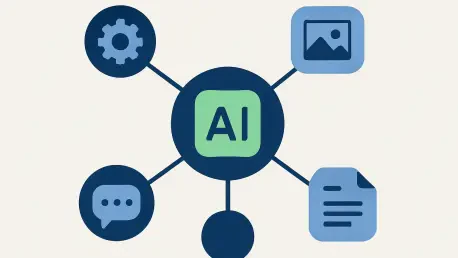
In a landscape buzzing with talk of an "agentic workforce," it can be difficult to separate the hype from the reality on the ground. To cut through the noise, we sat down with Chloe Maraina, a Business Intelligence expert whose work lives at the intersection of big data and compelling business

In the fast-paced world of project management, success has always hinged on balancing scope, time, and budget—a complex juggling act demanding foresight, precision, and relentless coordination. Today, a powerful new force is entering the arena, fundamentally reshaping this dynamic. Artificial

The silent hum of autonomous agents operating within corporate networks is rapidly becoming the new soundtrack of enterprise efficiency, yet it introduces a governance dilemma that few are prepared to solve. This emerging reality has catalyzed a strategic gold rush, with platform providers racing

In the world of artificial intelligence, the leap from generating text to taking action is monumental. We're moving beyond AI that can write an email to AI that can manage an entire customer service ticket, from initial query to final resolution. Guiding us through this complex transition is Chloe

With an astonishing 95% of generative AI pilots failing to reach production due to inadequate data foundations, the chasm between AI ambition and data reality has become a critical barrier to innovation. This challenge, compounded by a significant shortage of skilled data professionals, has pushed

Selecting the right enterprise content management system is one of the most consequential technology decisions a modern organization can make, fundamentally shaping how information flows, how knowledge is leveraged, and how critical business processes are executed. This choice is no longer a simple